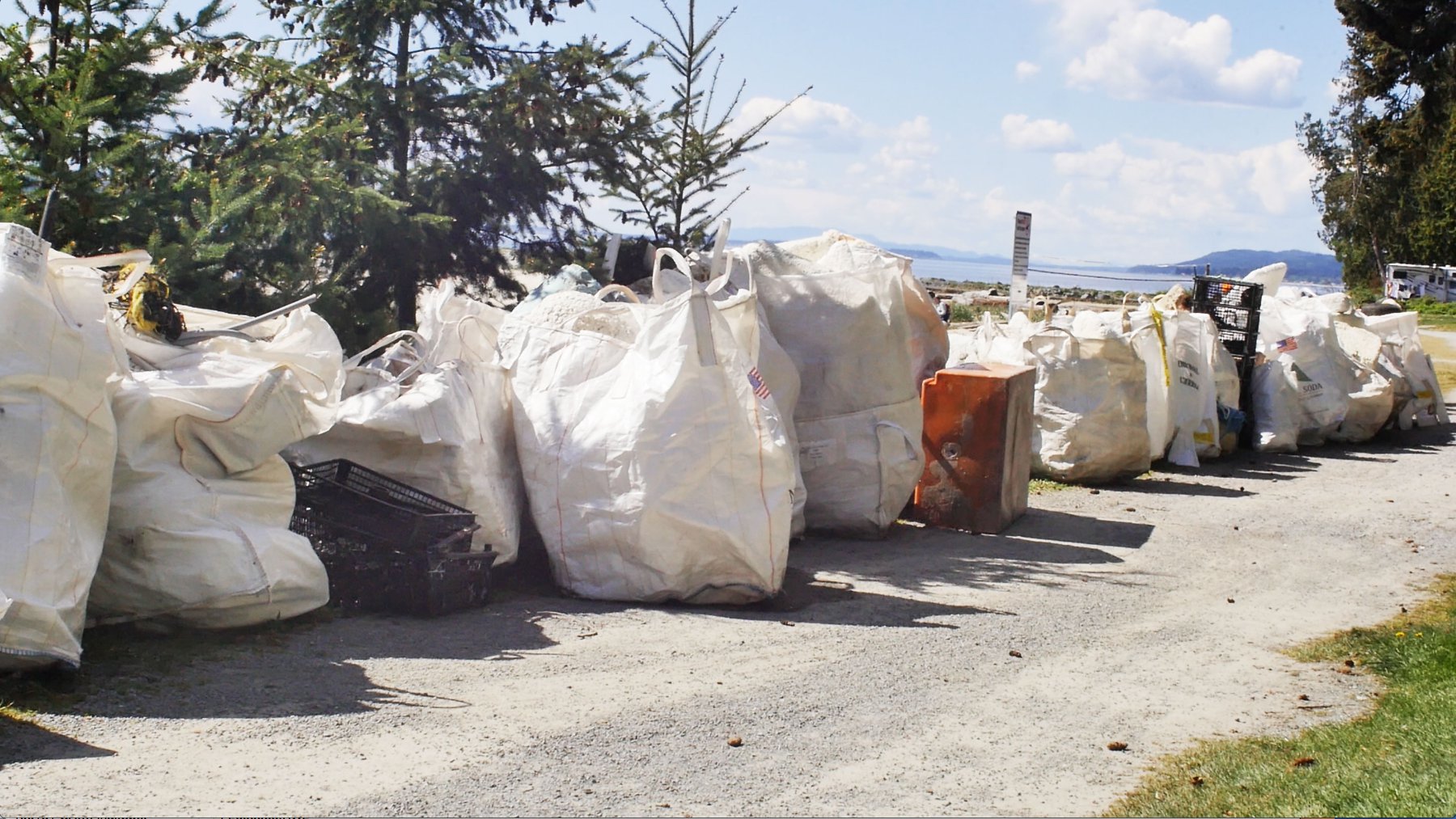The project Clean Coast, Clean Waters’ conclusion says that thousands of kilograms of debris have been removed from BC’s shorelines.
Styrofoam, plastic bottles, nets, rope, abandoned boats, and tires are some of the various things taken off of the coasts. Most of it is to be sent to be recycled or processed at the Ocean Legacy Foundation.
“The Clean Coast, Clean Waters initiative is about getting plastic waste and marine debris out of the water and off our shores,” said George Heyman, Minister of Environment and Climate Change Strategy. “It is also about creating healthier coastal communities by keeping the waste out of our landfills. The work by our partners to reclaim, recycle and reprocess plastics is part of the CleanBC pathway to a healthier environment and a better future for people in our province.”
When the project was run last year, it netted 125 tonnes of debris. It is a collaborative effort between the Small Ship Tour Operators Association, Wilderness Tourism Association, the Ocean Legacy Foundation, and the Coastal Restoration Society.
“The Clean Coast, Clean Waters initiative is a historic moment for coastal communities and the environment. It has set a precedent not only in British Columbia, but for Canada,” said Chloé Dubois, co-founder and president of the Ocean Legacy Foundation –. “Ocean Legacy is thrilled and grateful to have this opportunity to work with communities in building economic opportunities to create cleaner oceans and provide innovative recycling opportunities for ocean plastics.”
Clean Coast, Clean Waters also is part of B.C.’s $10-billion COVID-19 response, which includes StrongerBC: BC’s Economic Recovery Plan.
“This funding is an important initial step forward toward transformative First Nations, industry and government collaboration,” said Josh Temple, executive director of the Coastal Restoration Society. “We know that we do better, stronger and more meaningful work together, and that work must continue as we address the dual challenges of marine pollution and climate change.”




